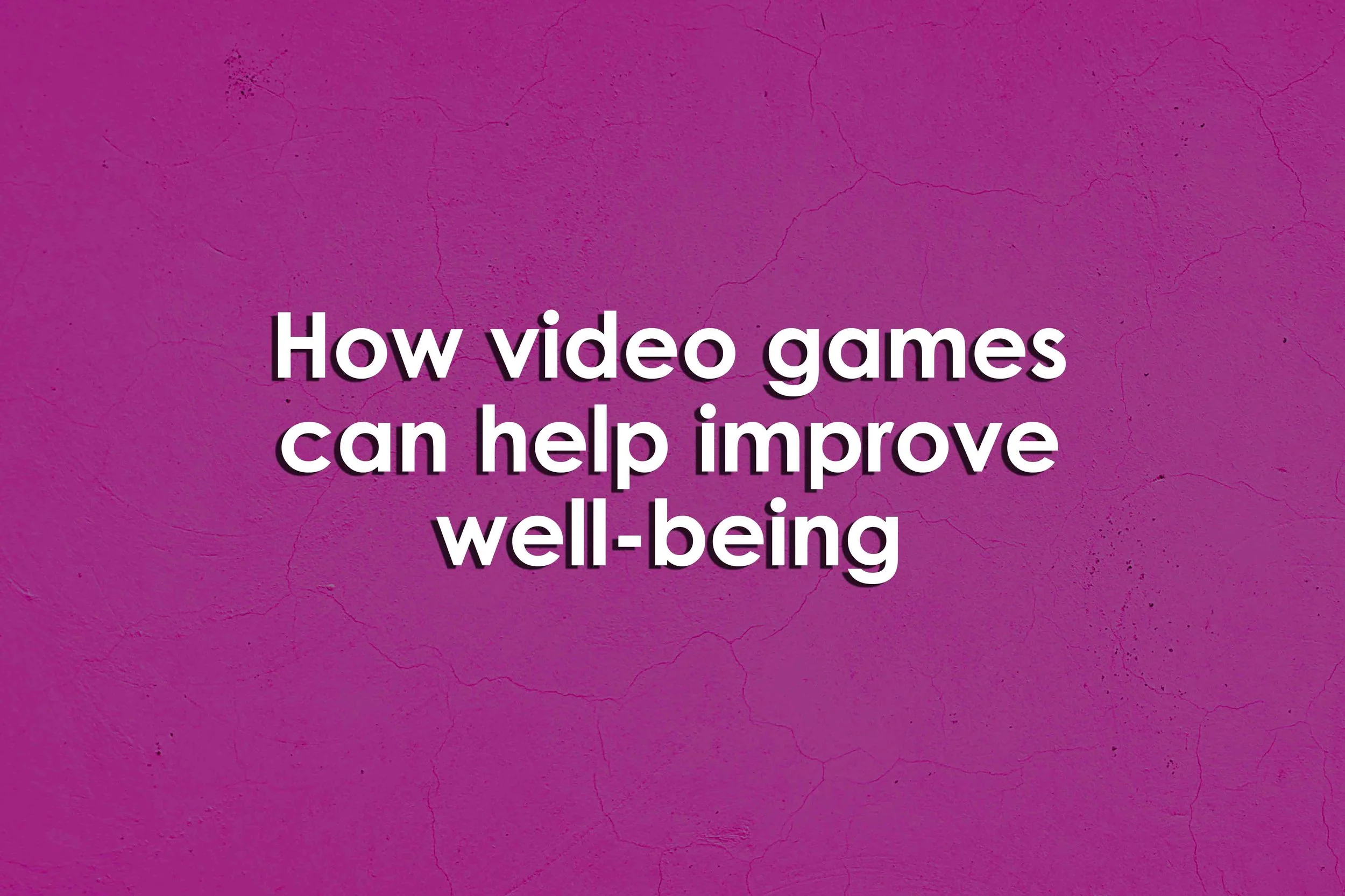A study by researchers at the Universitat Oberta de Catalunya (UOC) found that commercial video games like Human Resource Machine and 7 Billion Humans can enhance beginners’ confidence and learning in programming courses.showed increased interest, self-efficacy, and understanding of computational thinking.
Read MoreRecent research suggests video games—especially “cozy” games like Animal Crossing—can positively impact mental health by promoting relaxation and flow states. Playing for about an hour daily may improve life satisfaction, according to a Japanese study.
Read MoreVideo games can play a key role in advancing digital skills and education across Europe and beyond, according to speakers at the “How Video Games Can Support the Union of Skills” event in Brussels.
Read MoreVideo games, the world’s biggest entertainment medium, can sometimes blur into real life through a phenomenon called Game Transfer Phenomenon (GTP). Psychologist Angelica Ortiz de Gortari coined the term after noticing gamers involuntarily perceive or react to the world as if still in-game—like seeing health bars or feeling urges to collect items.
Read MoreThe author reflects on how children effortlessly master video games, despite their complexity, highlighting their persistence, mental agility, and problem-solving skills. This observation connects to the achievement gap in education, especially in math.
Read MoreOn July 9, 2013, NCAA Football 14 was released, and gamers eagerly embraced it. However, it would be 11 years before the next edition, NCAA Football 24, launched in 2024. Nostalgia surrounded the release, though many were disappointed, as expectations rarely align with reality.
Read MorePlaying video games during childhood may offer benefits that extend into adulthood, including higher salaries and valuable skills. A study by Prodigy Education found that adults who gamed as children earn an average of $5,451 more annually than non-gamers, with FIFA players earning the highest salaries.
Read MoreA preprint study suggests that playing video games enhances cognitive abilities, such as memory, attention, and problem-solving, but does not affect mental health. In contrast, exercise (150+ minutes per week) improves mental health, reducing symptoms of depression and anxiety, but does not impact cognitive ability.
Read MoreA survey by Prodigy Education reveals that people who played video games as children are more likely to have received recent promotions, earning $5,451 more annually. Video games, once associated with negative traits, are now recognized for enhancing strategic thinking, problem-solving, and creativity.
Read MoreThe growing use of video games has raised concerns about their impact on mental health, with debates surrounding gaming disorders and the World Health Organization's inclusion of such disorders in the ICD-11. While research suggests a potential harmful effect of video games on mental well-being, causal mechanisms remain unclear.
Read MoreIn this NPR segment, Ayesha Rascoe and Wailin Wong discuss the evolving accessibility in video games. Rascoe shares her personal gaming experiences, while Wong highlights the significant progress made in including players with disabilities.
Read MoreThe evolution of user experience (UX) in board games presents a unique challenge distinct from video games. Unlike the standardized interfaces of video games, where controllers and output systems remain consistent, board games continuously reinvent their interfaces with each new design.
Read MoreVideo games have emerged as potent tools for fostering moral development, allowing players to explore ethical dilemmas in a controlled environment. Through gameplay, individuals can experiment with behaviors and decisions without real-world consequences.
Read MoreVideo games, evolving from classics like 'Pong' and 'Space Invaders', offer more than mere entertainment; they cultivate critical skills essential for leadership. Games like 'Fallout', 'Tetris', 'World of Warcraft', and 'Civilization' immerse players in complex scenarios demanding strategic planning, adaptability, and teamwork — skills vital in both gaming and real-world leadership. Integrating video games into training enhances communication through multiplayer interactions and refines strategic decision-making in risk-free environments.
Read MoreThe article "Level up: exploring the artistic side of video game design" by Angelica Frey delves into the emergence of video games embracing illustration and painterly art to create captivating visual experiences.
Read MoreEducators and gaming experts at PAX East advocate for integrating video games and tabletop games into education, noting their potential to enhance learning. Amy Doyle, a technology teacher, emphasizes gaming's familiarity to students and its ability to engage them in learning.
Read MoreThe article explores the relationship between video games and traditional narratives like novels and films. While initially seen as fundamentally different, video games, according to scholar Eric Hayot, must be understood alongside novels to grasp their full cultural significance.
Read MoreThe popularity of combat video games like Call of Duty, Battlefield, and Arma is well-established. However, the market for games that simulate the intricate logistics of battles is smaller yet potentially impactful. Gameapalooza, held at Hunt Library, united researchers, developers, and military officials to explore gaming's potential in training.
Read MoreUter has been involved with the Ambassador Teacher Program for the past five years after hearing about it while teaching at Warsop Primary and Infant School. Uter is one of several ambassador teachers here in Prince Edward County Schools.
Read MoreChild development experts tell EdSurge that video games can help early learners practice foundational skills and can promote social bonding, as long as they're designed with the child in mind and incorporate the expertise of early childhood professionals.
Read More



















